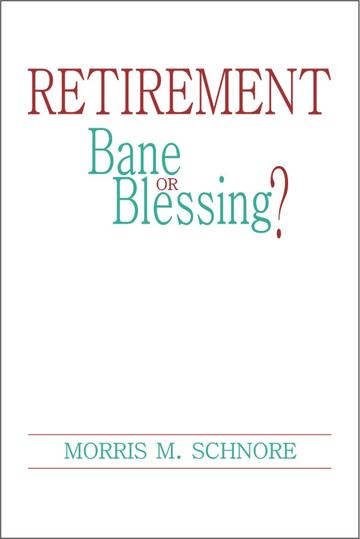Over the last twenty years in Canada there has been an increasing trend toward retirement at age sixty-five or earlier. Despite this trend, relatively few social scientists have studied the transition and consequences of retirement. The need for Canadian research regarding retirement is especially acute because the processes of retirement are culture-bound, and generalizations from data gathered in other countries may not be warranted. This study bridges that gap, providing a model for assessing subjective well-being among workers and retirees and thoroughly testing that model in the field. Many of the empirical findings of this study contradict predictions made on the basis of the “identity crisis” theory of retirement—that theory which posited retirement as a degrading experience, a self-destruction of the image the retiree once had of himself or herself as a worker and productive member of society. The indications of the empirical findings presented here are that, in fact, satisfaction with life, or some aspects of it, is commonly found to be high or higher among older adults than among the younger. In the course of the study, the author examines several different theories of adjustment to retirement, presents a model for measuring satisfaction among retirees more empirically than has been done, and suggests some of the policy decisions that might reasonably be proposed on the basis of the study’s findings. Morris M. Schnore taught in the Department of Psychology at the University of Western Ontario.
Out of print
This edition is not currently available in bookstores. Check your local library or search for used copies at Abebooks.



